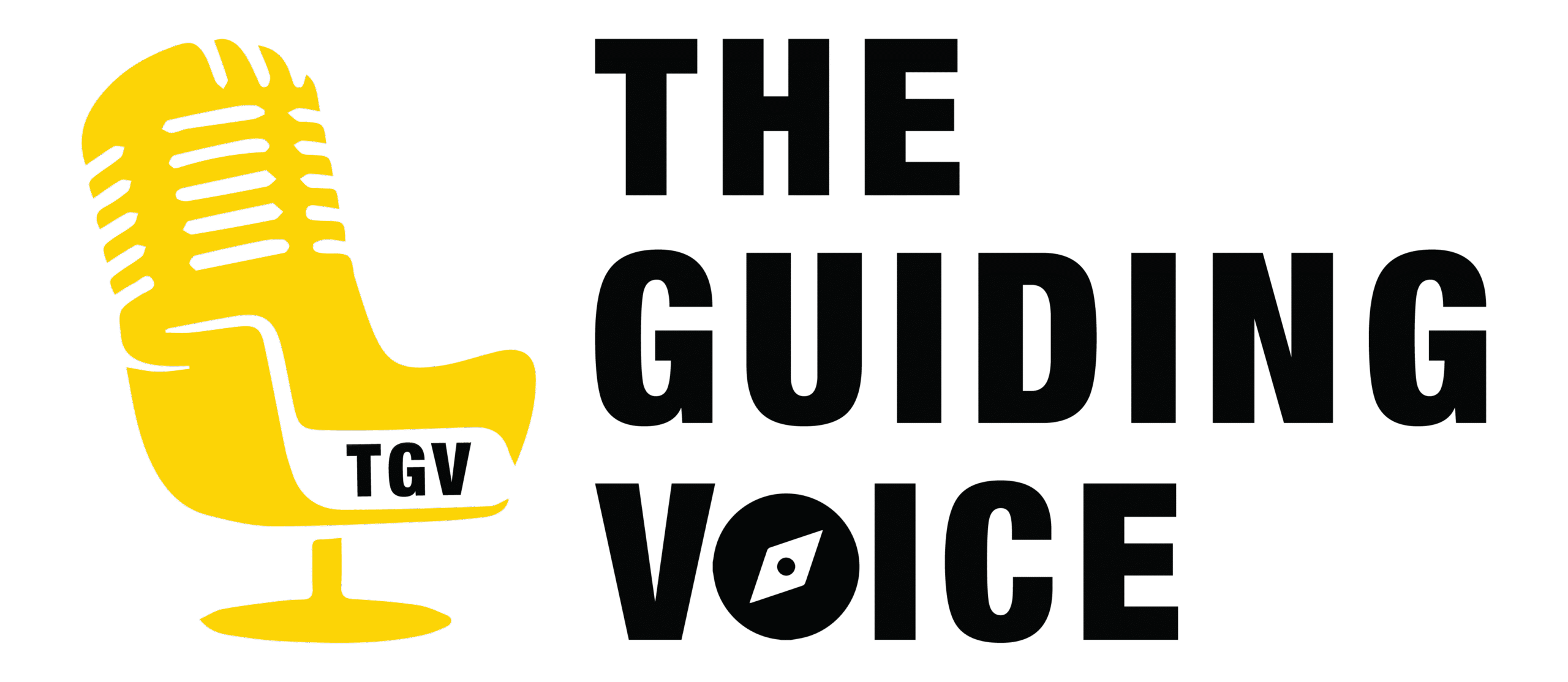What does it take to leave a stable, high-paying job in the IT industry and step into the uncertain world of coaching? How do you find fulfilment in your career while making a positive difference in others’ lives? Hemant Deshpande’s journey from IT to career coaching is a masterclass in embracing change, lifelong learning, and courageous self-discovery.
An 18-Year Journey in IT and the Turning Point
Hemant Deshpande spent nearly two decades in the fast-evolving IT industry, working with global giants like Satyam (now Tech Mahindra), IBM, and Infosys. The opportunities to work across the US, Europe, and China shaped his career, offered immense learning, and brought professional growth.
But as he climbed the corporate ladder, Hemant began to feel the thrill fading and stress mounting. “At a certain point, politics took over, numbers mattered more than people, and budgets became more important than relationships,” he shares. This realisation prompted a critical question: Is my work truly making a difference? Am I happy, and is there a positive impact on people’s lives, or am I just adding value to big companies?
This introspection, paired with his passion for training and continuous learning, sparked his transition into coaching. Yet, making the shift was anything but easy.
Making the Leap: From IT Leader to Coach
The biggest challenge wasn’t just leaving a secure job; it was facing the uncertainty of self-employment, battling self-doubt, and overcoming societal expectations. As the only earning member of his family, with a young child, Hemant faced questions and concerns from friends and relatives: “Why leave such a great job? Is this a sensible decision?”
Support from his immediate family—especially his wife and parents—was crucial. But what truly catalysed his transition was his first encounter with coaching. A 2013 article in Times of India introduced him to the concept of life coaching, and after experiencing its benefits firsthand with coach Meclin Jadhav, Hemant was convinced: “If coaching could help me so much, imagine how many others could benefit.”
Early Challenges: Shifting Mindset and Building a Practice
In the early days, coaching was not a well-known field in India. People misunderstood his role, assuming he taught students rather than coaching professionals. Building a business was a whole new challenge—no set projects, no team, and no fixed processes as in corporate life.
But Hemant persevered, learning on the go and growing his practice. He highlights a universal truth: “No matter which country or industry, career challenges are remarkably similar. Whether you’re a young professional, mid-career, or a leader, everyone faces moments of confusion, stagnation, and questions of purpose.”
Common Career Challenges: Hemant’s Insights
- Finding the Right Role: Professionals often wonder, Am I in the right role or company?
- Growth and Promotion: “How do I move to the next level?” is a frequent question.
- Career Transitions: Many want to do something new but hesitate due to uncertainty.
- Continuous Skill Development: With AI and rapid technological change, upskilling is essential.
Hemant’s advice is clear: Continuous learning, embracing your unique strengths, and having the right mindset are non-negotiable for success in any field.
The Power of Preparation and Mindset
Hemant stresses the importance of preparation before any career shift. He consulted his family, spoke to a financial planner, and planned for a buffer period. He even took a sabbatical from Infosys to complete his coaching certification before fully committing.
“Preparation, involving your family, and sound financial planning make transitions smoother and less risky.”
But beyond skills and planning, Hemant insists that mindset is what sets successful professionals apart. “80% of your success is defined by your mindset, and only 20% by skill set.”
Beliefs like “I’m not good enough” hold people back. Replacing disempowering self-talk with empowering beliefs is key. If you think you can, you can!
Navigating the Age of AI and Automation
The podcast delves into the reality of AI and automation: skillsets are becoming obsolete faster than ever before. Continuous upskilling, adapting to AI, and most importantly, leveraging your unique talents and passions are vital to future-proof your career.
“No one can replace you as a person—your unique strengths, talents, and passions are your greatest assets. Use them to create a unique career and serve the world.”
Advice for Aspiring Coaches and Leaders
- Genuine Desire to Help: The most important quality of a coach is the sincere wish to help others.
- Willingness to Learn: Coaching is a profession—like medicine, it requires specific skills, tools, and the right mindset. Invest in training and global certifications (like ICF).
- Preparation: Financial planning and involving your family ensure smoother transitions.
- Continuous Growth: Read widely, learn new skills, and focus on both skill set and mindset.
- Build Community: Coming together with other positive, driven people amplifies your impact.
Key Takeaways for Young Professionals
Hemant concludes with an empowering message:
“Opportunities are everywhere, thanks to technology and human evolution. Yes, the world faces challenges, but if good people come together—even in small communities—they can make a huge positive impact. Never think, ‘What difference can I make?’ Every small effort counts.”
Rapid Fire Wisdom
- Book Recommendation: 7 Habits of Highly Effective People by Stephen Covey.
- Historical Leader to Coach: Subhash Chandra Bose, for his vision and potential.
- Success Mantra: “You are enough.” Overcome self-doubt—believe in your uniqueness.
- Daily Productivity Habit: Be disciplined, prepared, and detail-oriented.
- Sabbatical Dream: If given a year off, Hemant would play sports, read, and meditate.
Trivia & Research Nuggets
- Career progress is mainly driven by relationships, not online job portals.
- Emotional intelligence (EQ) is more important than IQ for leadership success.
- People who feel connected to their work and find personal meaning are happier—even if their salary is not the highest.
Final Word:
If you found this conversation inspiring, share it with your friends, and consider subscribing to The Guiding Voice Marathi. Together, let’s make career journeys meaningful and the world a better place.

